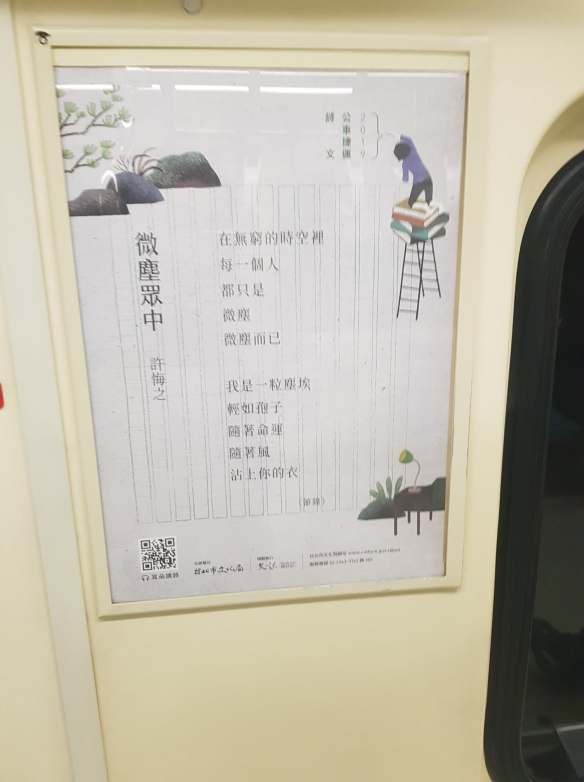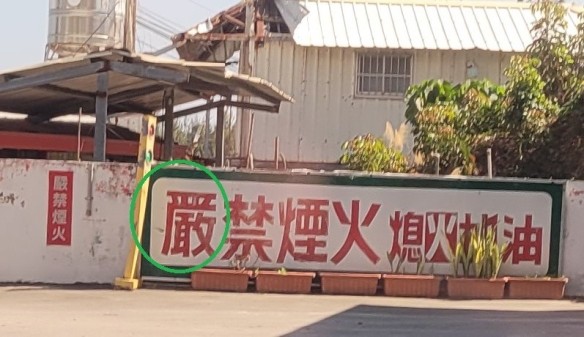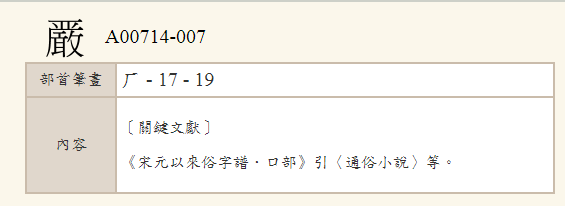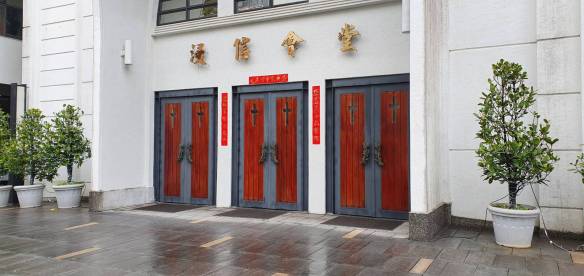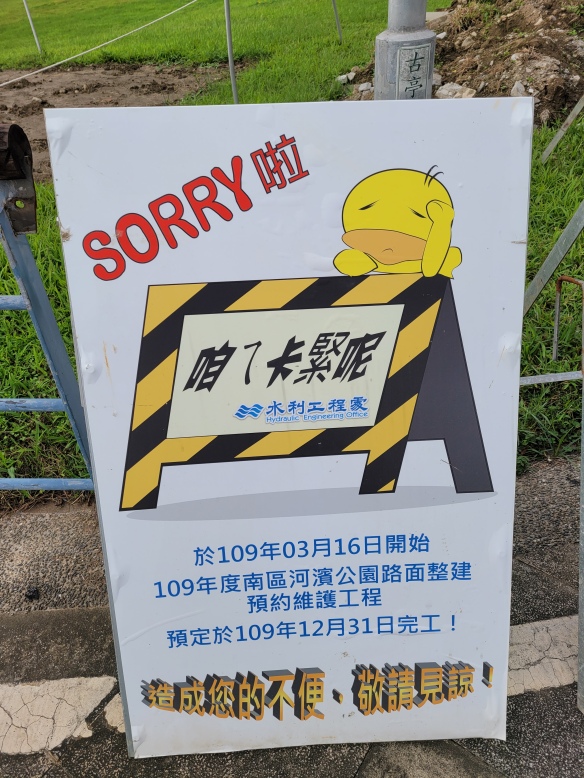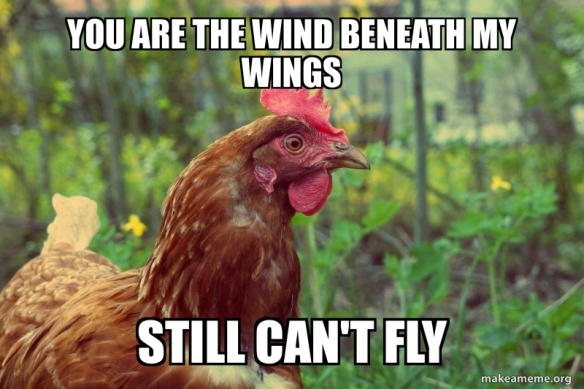Saw this anti-American rant on my way to the shops today. Clearly someone’s out for attention. As the punctuation is a bit of a mess, I’ve tried to interpret the most likely meaning, but welcome any corrections.

如果美國認為台灣是善的力量.是亜洲自由民主燈塔.就該給予對等公平待遇而不是派衛生部長來.我們就吞下高端。全民抵制高端抗議美國強力干預我國疫苗政策疫情下不暫停台美貿易談判.抵制高端.抗議美國醫藥霸凌台灣抗議不公平貿易.抗議以生命權交換其它利益認清偽善美國
If the US thinks Taiwan is a force for good, and a beacon of freedom and democracy in Asia, they should treat us as equals. We shouldn’t accept the Medigen vaccine, just because they sent the health secretary. Everyone should resist Medigen and resist the US strong-arming its way into interfering in domestic vaccine policy and not halting Taiwan-US trade negotiations during the pandemic. Boycott Medigen, resist US medicine’s bullying of Taiwan, resist unequal trade, resist the right to life being exchanged for other interests; See the fake kindness of the US for what it is.
To be honest, this kind of rant is not uncommon on social media platforms in Taiwan, I just thought it was interesting to see it posted over a traffic box.
I also thought it was slightly ironic that the poster used the Japanese variant of 「亞」(亜), given that people with this kind of anti-American stance, are usually very anti-Japan too.
The views expressed above are just an observation, and do not represent my own views.









